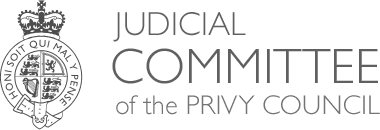History of the JCPC
The jurisdiction of the Judicial Committee of the Privy Council (JCPC) originated at the Norman conquest with the premise that:
"The King is the fountain of all justice throughout his Dominions, and exercises jurisdiction in his Council, which act in an advisory capacity to the Crown."
This council or court was the 'Curia Regis' from which springs the British judicial system. Subjects who had grievances against the administration of justice could submit their petitions to the King who appears to have exercised supreme appellate jurisdiction.
When Parliament developed out of this council, the majority of petitions were referred to the High Court of Parliament, which became the chief appellate tribunal.
At the beginning of the 14th century, receivers were appointed to aid the dispensation of justice in Parliament. One group was appointed for Great Britain and Ireland, and one for the Channel Islands.
Appeals from the Channel Islands became the first regular appellate business of the King’s Council, now the JCPC. With the growth of the British empire, this business increased with appeals and petitions from the Royal Council, and Privy Council Committees were formed.
The present constitution of the JCPC is based on the Judicial Committee Act 1833.
Under the Appellate Jurisdiction Act 1876, the Law Lords became the permanent judges of the court.
Today, all Privy Counsellors who hold or have held high judicial office in the United Kingdom or have been judges of superior courts of certain Commonwealth countries, are eligible to sit if they are under 75 years of age.
